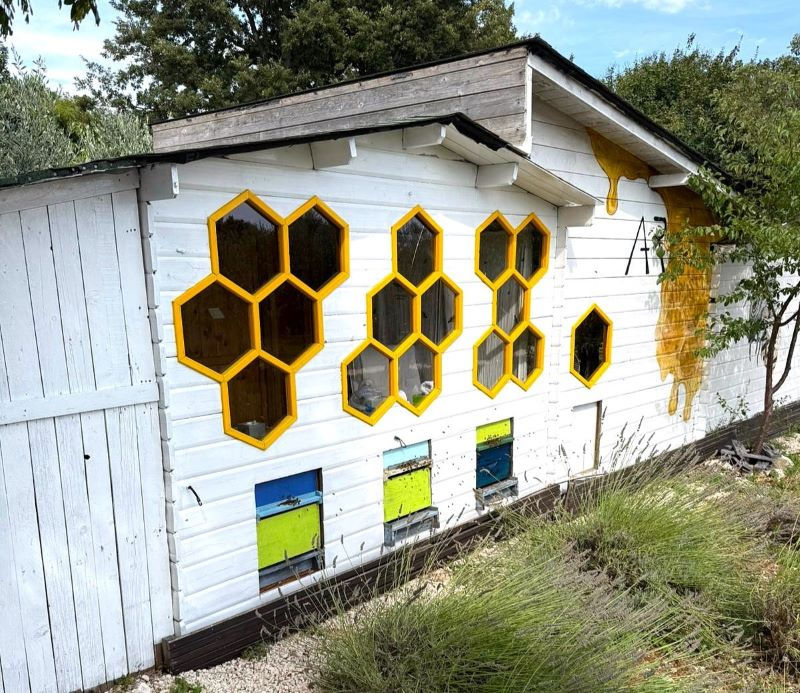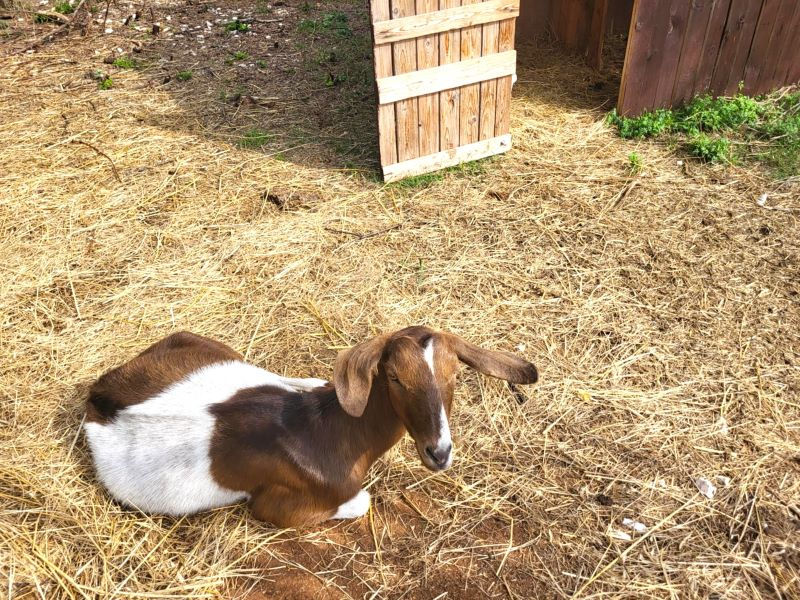API Raponja: Honey World in Istria
- Fran Ratković
- Aug 9, 2025
- 3 min read
Beekeeping in Istria has a long and rich history dating back to ancient times. The ancient Romans already recognized the benefits of Istrian flora and produced honey that was valued throughout the Empire. During the Middle Ages, beeswax was a highly valued commodity, and honey was often the only sweetener in the diet. Traditional Istrian dry stone wall beehives, known as trmke, testify to the skill and ingenuity of former beekeepers who adapted to the specific conditions of the karst landscape. Today, this rich tradition continues through modern forms of beekeeping that protect the environment and promote the indigenous values of Istria.

In the small Istrian village of Krnica, located near Marčana in the eastern part of Istria, there is a family farm called OPG API Raponja dedicated to beekeeping. The owner, Filip Raponja, has gone beyond traditional bee breeding and honey production by creating a beekeeping farm and a bee park. The educational trail called "Park pčela" (Bee Park) takes visitors along a path with informative panels about bees, their breeding, types of hives, the varieties of plants bees visit, and the honey production process. This initiative offers a unique and engaging way to learn about beekeeping and the important role of bees in the environment.

Besides the bees happily buzzing around, visitors can also see a hedgehog house, turtles, and a domestic goat enjoying the shade from the summer sun. This makes the area an excellent place for families with children to enjoy nature while simultaneously learning something valuable about bees. Various types of honey are produced here, including floral honey, as well as sage and acacia honey, which are characteristic of this region. Throughout the year, some of the beehives are moved to the interior of Croatia to produce chestnut, linden, heather, and ivy honey.

The products themselves are tested according to the highest HACCP standards, ensuring the best possible quality of honey. In addition to the “regular” honey that people most often consume when they are ill, API Raponja offers honey with various flavours, including chocolate and cinnamon, cranberry, figs, walnuts, raspberry, aronia, and chili. All these delicious products can be purchased directly in the shop located within the park or via the web shop.

API Raponja honey can also be purchased in other stores and participates in the "Become a Hero of Nature" project, which supports environmental protection and eco-production through numerous companies. Likewise, API Raponja strives to contribute to nature conservation by planting one tree for every 50 kilograms of honey sold, promoting the preservation of bees. The trees planted as part of this reforestation are honey-producing, providing bees with a food source and much-needed shade. Bees require temperatures up to 36°C for life and work inside the hive and perish at higher temperatures. That is why they need trees under whose shade they can carry out their work.

In the park area, it is possible to experience apitherapy, a therapeutic method that utilizes various bee products. The most common use is for inhalations, where air from the beehive, rich in natural healing substances, is breathed in to ease or heal respiratory problems. For complete therapeutic success, this treatment must be used multiple times. Near this park, in the center of Krnica, there are facilities for honey processing. After honey is harvested from the combs, samples are taken from each container or barrel and sent for microbiological analysis to ensure the honey meets HACCP standards. Then, the honey undergoes further processing to achieve top quality and customer satisfaction. One such process is cold extraction, which preserves all the natural values of the honey, with capped honey opened manually without heating.

Bees have an invaluable role in preserving the biodiversity of Istria. Their pollination activity is crucial to the success of many agricultural crops grown in this area – from grapevines and olives to various fruits, vegetables, and aromatic herbs. Istria, with its rich plant life and diverse habitats, provides ideal conditions for bees to work, and in return, bees contribute to ecological balance and food quality.

By maintaining healthy bee colonies, Istrian beekeepers, such as API Raponja, actively contribute to environmental protection, local food security, and the preservation of traditional honey production as part of Istria’s cultural identity.
Api Raponja
Krnica 90B, 52208 Krnica
Mob. 00385 99 428 4555
E-mail: info.apiraponja@gmail.com























Comments